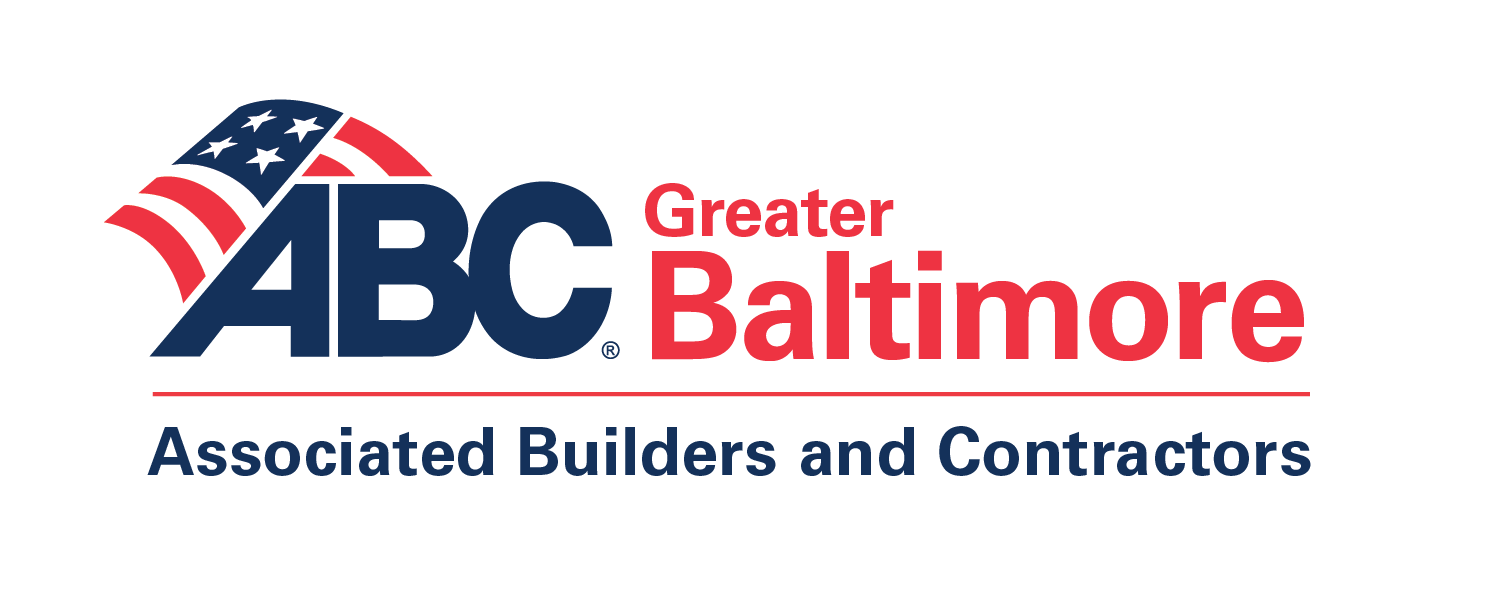By Joe Xavier, Consultant to ABC Greater Baltimore’s Safety Peer Group
With the summer months, comes summer heat stress. In normal times, our members do all they can to protect workers from heat-related illness caused by heat stress. With the addition of the pandemic and mandatory face masks, the situation has become even more complicated.
Before the pandemic was even a factor, Maryland Bill 722 — legislation aimed at protecting employees from heat-related illness caused by heat stress –was winding its way through the legislative process. The original version of the bill had redundant administrative recordkeeping requirements and excessive specific requirements that did not fit the construction industry.
A search of the OSHA database dating back to 1984 revealed that Maryland had two work-related heat stress incidents that were investigated. Unfortunately, both were fatalities. Neither were from the construction industry. One was a union member in the shipbuilding industry from July 1998. The most recent, more than 18 years ago, was a union firefighter performing physical fitness exercises in the heat. Nationwide for all industries, the database showed 107 investigations since 1984 of which 64 involved a fatality.
Members of ABC’s Joint Legislative Committee opposed the initial legislation, voicing our concerns over the feasibility of implementation and unnecessary recordkeeping burdens. The initial legislation required that a written plan specific to the workplace be in place. In addition, it required that training on that specific written plan be performed in person, with no option for self-paced on-line or live virtual training. While those requirements might work for manufacturing or general industry with fixed locations, consistent operations, and groups of employees, it is an excessive burden for Maryland’s construction industry.
The original bill also had posting requirements for tasks that are deemed not urgent until the heat wave is over. Recordkeeping included maintaining, at all times, data on environmental and physiological measurements related to heat. But there was no recordkeeping guidance outlined.
Would the data be compiled daily, hourly, or by the minute to maintain the at-all-times requirement? What does that mean for 30 years after the last day of employment for each employee on that job site? (Joe, I’m not sure I’m following this question?) On an active construction site where portions of the building under construction are in the open air and some are in an underground level, would posters and data be required in each room of a building under construction? For recording injuries, the original bill would have duplicated the existing requirements under current recordkeeping standards, likewise for anti-discrimination requirements.
Throughout the legislation session, ABC members cultivated an open discussion of the unique challenges the construction industry faces and of the concern it has for the safety of its workforce. Changes were made that took our concerns into consideration. And ABC supported the amended bill, which was enacted into law on May 8.
As enacted, the law requires the Commissioner of Labor and Industry to develop and adopt regulations that require employers to protect employees from heat-related illness caused by heat stress by October 2022. The regulation will be developed with input from the Maryland Occupational Safety and Health Advisory Board and from information gathered during four public input sessions.
So, ABC’s work isn’t over yet. Our Safety Professional Peer Group (SPPG) has been briefed and several members plan to participate in the public input sessions. Additionally, the construction industry has well-respected representatives on the MOSH Advisory Board, ABC has a partnership with MOSH called the Strategic Partnership for Excellence in Construction Safety (SPECS), and a MOSH representative(s) regularly participate in our SPPG so they understand our perspective and concerns.
We will work toward a performance standard that sets a goal as opposed to a specification standard that the original legislation tried to establish. A performance standard is a better fit for heat stress given the changing conditions of construction sites and how heat affects people differently based on personal health conditions. In a SPPG survey, we noted that our members are following the guiding principles from NIOSH in regard to heat stress. Some already had the OSHA-NIOSH Heat Tool app on their smart phone – a free app that provides great location-specific information.
The key to successful regulation is a performance standard that is flexible enough to care for those who are highly vulnerable without imposing oppressive requirements on people who are otherwise healthy or unaffected. The right standard will benefit companies by increasing awareness to keep the workforce healthy, ready for the heat.
For members who want to participate and stay engaged in the conversation around heat stress, and other hot safety topics, we invite you to join our Safety Professional Peer Group. To learn more about the SPPG and all peer groups, go to www.abcbaltimore.org/peergroups/.
